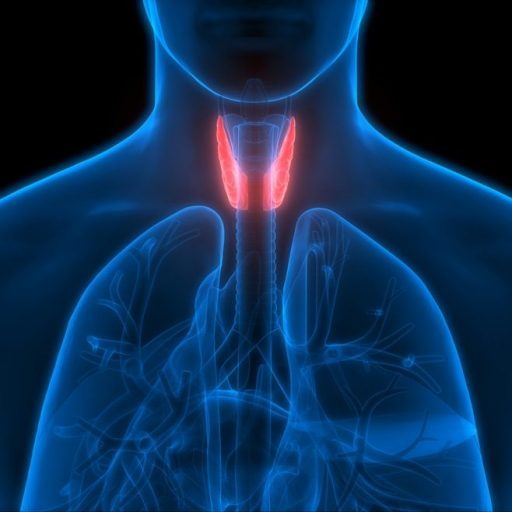Understanding Hypocalcemia
Hypocalcemia, a condition characterized by low levels of calcium in the blood, can have significant health implications. Understanding its management is crucial for maintaining overall health and well-being. This article provides expert insights and practical tips for dealing with hypocalcemia, backed by reputable sources.
The Role of Calcium in the Body
Calcium, crucial for bone health, blood clotting, and neuromuscular function, is mostly stored in bones and teeth. Hormones like parathyroid hormone and vitamin D regulate blood calcium levels. When these levels drop significantly, hypocalcemia occurs.
Causes of Hypocalcemia
Vitamin D deficiency, affecting calcium absorption, is a common cause of hypocalcemia. Inadequate dietary calcium intake also contributes to this condition. Medical issues like kidney failure and hypomagnesemia disrupt calcium regulation, leading to hypocalcemia.
Calcium Deficiency Diseases
Low calcium levels over time can lead to diseases like osteoporosis and osteopenia. These conditions, resulting from insufficient calcium, cause weak bones and increased fracture risks. Factors like genetics, hormonal changes, and certain medications also play roles.
 Hypocalcemia and Surgery
Hypocalcemia and Surgery
Thyroid gland surgery can inadvertently cause hypocalcemia. During such surgeries, nearby parathyroid glands might get removed or damaged. Genetic disorders like DiGeorge syndrome also contribute to hypocalcemia through parathyroid dysfunction.
Symptoms of Hypocalcemia
Early hypocalcemia symptoms include muscle cramps, fatigue, and tingling in extremities. As calcium levels drop further, severe symptoms like laryngospasm, tetany, seizures, and arrhythmia may develop.
Diagnosing Hypocalcemia
Diagnosing hypocalcemia typically involves blood tests for calcium and albumin levels. Testing thyroid and parathyroid function, along with vitamin D and phosphate levels, is also common. Renal function tests may identify underlying conditions contributing to hypocalcemia.
Treatment of Hypocalcemia
Treatment focuses on addressing the underlying cause and symptom severity. Calcium supplements like calcium carbonate are often prescribed. In severe cases, intravenous calcium gluconate is administered for rapid blood calcium level increase.
Prevention Strategies
Preventing hypocalcemia involves adequate calcium and vitamin D intake. A balanced diet with calcium-rich foods and vitamin D supplements is key. Sunlight exposure also promotes calcium absorption and regulation.
Managing Underlying Medical Conditions
Patients with conditions like kidney failure should work with healthcare providers to manage these conditions. Regular monitoring of blood calcium levels is crucial for early detection and treatment.
Medications Affecting Calcium Levels
Some medications, like diuretics and antacids, impact calcium levels. Discussing potential interactions with healthcare providers is important. Adjustments to treatment plans may be necessary.
Lifestyle Factors in Hypocalcemia Management
A healthy lifestyle, including regular exercise and minimal alcohol consumption, positively affects hormonal balance. This approach can reduce hypocalcemia risks.
In conclusion, hypocalcemia is a complex condition influenced by nutrition, hormones, and medical issues. Understanding its causes and symptoms enables proactive measures for maintaining healthy calcium levels. A balanced diet, regular exercise, and medical monitoring are key to preventing and managing hypocalcemia and its complications.
Practical Tips for Everyday Management
-
Monitor Dietary Intake: Ensure a balanced diet rich in calcium. Foods like dairy products, leafy green vegetables, and fortified foods can help maintain adequate calcium levels.
- Sunlight Exposure: Vitamin D is crucial for calcium absorption. Regular exposure to sunlight can help the body synthesize vitamin D naturally.
-
Regular Health Check-ups: Regular blood tests to monitor calcium levels can help in early detection and management of hypocalcemia, especially for individuals at risk.
Expert Insight
Dr. Abhinav Goyal, along with colleagues Catherine Anastasopoulou, Michael Ngu, and Shikha Singh, highlight the importance of recognizing and promptly treating hypocalcemia. They emphasize that calcium metabolism disorders, including hypocalcemia, are frequently encountered in clinical practice and can be life-threatening if not appropriately addressed. The interplay among parathyroid hormone, phosphorus metabolism, vitamin D, and bone metabolism plays a crucial role in the development of this condition. Source: NCBI Bookshelf
Reputable Sources for Further Information
- National Center for Biotechnology Information (NCBI) – Provides comprehensive information on the pathophysiology, evaluation, and management of hypocalcemia.
- StatPearls – Offers access to multiple choice questions on hypocalcemia, aiding in understanding and managing the condition effectively.






